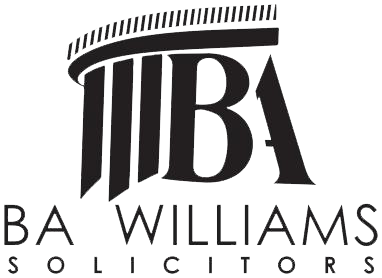The High Court had to assess whether a tenant was entitled to damages for trespass and quantify them.
Background:
Restaurant EC3 Ltd. was the commercial tenant of the premises pursuant to a lease dated the 10th August 2018 for a term of fifteen years. The rent payable under the lease was £95,000 per annum. On 4 October 2022, the landlord served a statutory demand for unpaid rents on the company which the company did not comply with. On the 16th of October 2022, the landlord re-entered the premises and changed the locks on the basis of a non-payment which had become due on the 29th of September 2022 under the terms of the lease.
The company claims that the landlord’s re-entry was unlawful and that the landlord was trespassing, claiming possession of the premises and damages of more than £608,699.67, or a daily rate of £260.27. The petition debt was (after some amendments) £290,175,26. Restaurant EC3 argued that the lease terms had been varied, waiving the landlord's right to forfeit, and invoked the doctrine of equitable forbearance.
In the winding-up proceedings, the company contended it had a substantial cross-claim for mesne profits against the petition debt. However, the Judge found no genuine dispute regarding damages for loss of profits, as the company had not operated any business on the premises. Restaurant EC3 Limited appealed.
Decision:
The High Court dismissed the appeal and upheld the winding-up order against Restaurant EC3 Ltd. The Judge considered the nature of damages for trespass, which were described in the tenant’s claim as ‘mesne profits’ (although this term is normally used for damages payable to a landlord by a tenant).
After reviewing the relevant authorities, the Court noted that the law compensates for the loss suffered “but no more”. The Judge then noted that “In the case of a lease for a rack rent (as in the present case) the tenant is entitled to exclusive possession of the land in return for rent. The two are interdependent. If the tenant did not continue to pay the rent it would lose its right to occupy the land as against the landlord. That continuing right depends on the continued payment of rent, and to assess the economic value of the right, one must assume that it would have had to continue paying rent. Otherwise, in my judgement, the company would be overcompensated.”
The company did not substantiate its claim adequately. Normally, the tenant is able to demonstrate losses suffered from the use and occupation of the commercial premises, including trading losses. In this case, the tenant could not because they did not carry on the restaurant business at the premises.
Implications:
This decision reaffirms that damages for trespass are compensatory and not restitutionary. It also makes it clear that the rights must be considered against the rent obligation to avoid overcompensation. Thus, if the rental value of the premises is the same as the passing rent, then there will be no loss. If the market rent has increased, then the tenant will need to cover the difference between the rent and the market rent as damage for trespass.
This judgement demonstrates the importance of accurately assessing damages and the economic value of leasehold rights, especially in insolvency cases.




